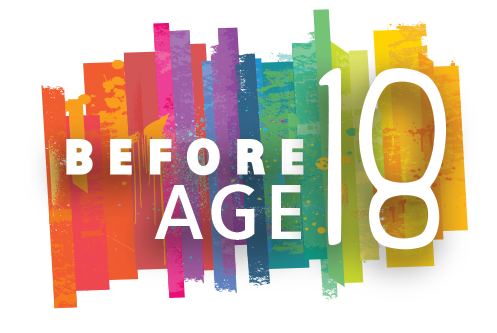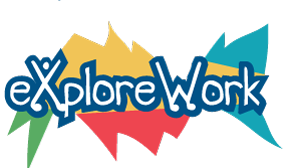Job Exploration or Career Counseling for Youth
Job exploration or career counseling can include a wide variety of activities to help youth explore their future work potential. This is the time for the youth to discover their unique talents, skills, and interests. Career counselors or employment specialists can help youth identify this information and use it to begin planning their path to achieve their future goals.
Career counseling can offered in various settings, including in groups and individually, in person or virtually.
Motivation, Opportunities, and Informed Decision-Making
Discussion or counseling about exploring job options are intended to foster motivation, identify opportunities, and lead to informed decision-making.
It's important for youth to incorporate real-world activities to ensure that students recognize the relevance of a high school and post-school education to their futures, both in college and/or the workplace.
Types of Job Exploration Counseling Activities
Job exploration counseling activities can be done in partnership with private, for-profit, public or nonprofit businesses in your community and/or through web-based resources.
Job Exploration Counseling may include:
- completing vocational interest inventories and reviewing results
- doing labor market research to identify in-demand industries and occupations
- exploring non-traditional employment options
- identifying career pathways of interest to the students
Job Exploration Counseling Activities*
Pre-Employment Transition Services
Students may be participating in a number of pre-employment transition services or transition services through VR or Education. Discussion or counseling on the results of some of these activities can help to identify viable career options or solidify careers that a student will want to explore further. Find out more by visiting Expectations Around Youth Access to Transition Services from the Department of Education.
Identify Student Progress
Identifying students’ progress can help you:
- Determine if the student needs or continues to need job exploration counseling.
- Identify specific activities that could be most beneficial to focus on or prioritize as you individualize services.
- Share information as you collaborate with other service providers.
- Document how services are individualized based on the student’s needs.
Tools
Following are some tools and resources to assist you with your career planning activities.
Featured Resources

Before Age 18
For youth with disabilities and their families, get ready to consider choices, explore the possibilities, and take action now to prepare for age 18! Before Age 18 Website

Explore-Work.com Training
Online training to help youth explore their future -- follows the five Pre-ETS training topics. Explore-Work Website
Career Planning Activities
Self-Assessment Tools:
Learn more about individual strengths and interests by completing career assessments and inventories:
Action Steps for Teens:
Here are some action steps teens can take to prepare for age 18 and becoming an adult.
Labor Market Information Tools:
Learn more about in demand industries, hiring trends, and occupational skills and training requirements:
- My Next Move
- Career Clusters
- Non-traditional employment options
Training
- The Effectiveness of Customized Employment for Transition-age Youth with Disabilities for Project E3: Educate, Empower and Employ – the technical assistance center for targeted communities. Presented by Jennifer McDonough, M.S., Project Director, Virginia Commonwealth University Rehabilitation Research and Training Center
Related Resources
- Job Exploration Counseling Resources from the Workforce Innovation Technical Assistance Center (WINTAC)
- CRP Pre-ETS Guidebook: Strategies for Community Rehabilitation Providers to Collaborate on Pre-ETS
- Career Counseling for Students with Significant Disabilities: Strategies for Success from the Workforce Innovation Technical Assistance Center (WINTAC)
- National Technical Assistance Center on Transition: The Collaborative (NTACT:C)
- Transition Guide to Postsecondary Education and Employment for Students and Youth with Disabilities from the Office of Special Education and Rehabilitative Services United States Department of Education
